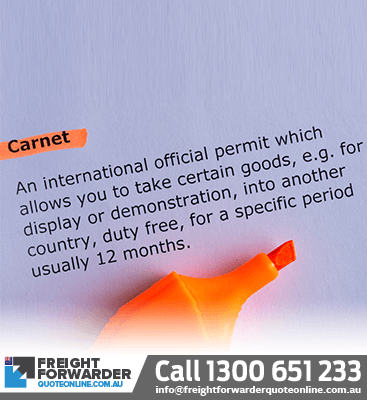Shipping export documentation tips and guide
Need help with shipping export documentation?
Looking for help with shipping export documentation? Read on for an overview of the major types of documents:
Or call us for help on 1300651233 or send a message.

Not confident with export shipping documentation?
Correct and timely shipping export documentation is required along with the shipment. Knowing the right documents and who is best to complete them is essential when wanting to expedite the process and make the best use of tariff exemptions.
Do you know how to proceed with this? If not, then we recommend you work with an experienced freight forwarder (like us) who is knowledgeable in the exporting process.
- Needed for Customs clearance at the port of destination
- Specified in the letter of credit (L/C)
- Requested by the receiver of the goods (sometimes needed before authorising their bank to issue (L/C) and provide payment)
- Part of application for preferential tariff and rates (e.g. exports registered under ChAFTA must have ChAFTA certificate of origin to qualify for the preferential rate)
There are three ways to obtain a Certificate of Origin:
- Through online submission – CertConnect
- Through chamber direct from their PC desktops (online)
- By contacting us to assist you
Page contents
- Need help with shipping export documentation?
- Main types of shipping export documentation
- Not confident with export shipping documentation?
- Certificate of Origin
- Certified declaration of origin
- Letter of credit (L/C)
- Certificate of manufacture
- Common export shipping documentation
- ATA Carnet
- Simplify your export shipping documentation
- Commercial invoices
- Supplier declaration of conformity
- Mandatory export shipping documentation
- Certificates of free sale
- Health certificates
- Certificate of analysis
- What is a telex release?
- Export shipping documentation for foods
Certified declaration of origin
A certified declaration of origin verifies that a product was manufactured outside of a certain country (e.g. Australia). This is required when a Certificate of Origin is requested by the country of destination.
The office authorised to issue this certified declaration in Australia is the Australian Business International Trade Services. They’re available from Monday to Friday (not including Public Holidays).
Common export shipping documentation

ATA Carnet
The ATA Carnet is an international Customs document that permits temporary duty free entry of goods to other countries for a year. This is issued by the Chamber of Commerce in Australia.
The goods covered by ATA Carnet are professional equipment, commercial samples and goods for shows, exhibitions and the like. Goods such as food products that will not return to the country of origin (i.e. Australia) are not covered by this.
The advantages are:
- Cost reduction
- Predetermined cost
- Accepted by over 65 different countries
- One year validity
- No need to register goods at Customs on departure time
- Used in most business related goods
- Simplifies Customs procedures
- Customs paperwork will be done only once
- Widely recognized around the world
- Goods can be returned to the place of origin without delays.
Simplify your export shipping documentation

Commercial invoices
Commercial invoices are required by Customs to ascertain the true value of the imported goods to assess any duties or tax that applies. The identification of the buyer and seller should be clearly stated, together with all necessary information, such as quantity and volume of the shipment, date of sale, type of packaging, product’s total value, its complete description, insurance and other charges (if applicable).
- The market demands or allows it
- Risks associated with non-compliance are generally low
- Penalties for non-compliance are effective deterrents
- Options for efficient recourse in the event of non-compliance exist
- The industry sector to which it applies is highly dynamic and has a history of compliance
Mandatory export shipping documentation

Certificate of analysis
A certificate of analysis (CoA) is usually used for “release for supply” purposes. It provides a truthful statement of the testing conducted on a product and the results. This document is prepared for each production batch. Many customers will not accept deliveries if a required CoA is not included either with the delivery or sent electronically.
What is a telex release?
Find out about telex releases.
Call us toll free at 1300651233 if you have any questions we can help you with or check out our LinkedIn page and follow us as we regularly post industry updates.
Export shipping documentation for foods

1300651233